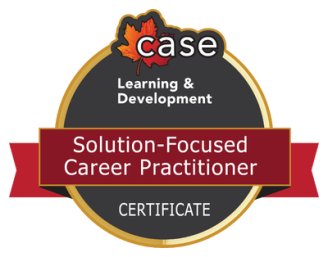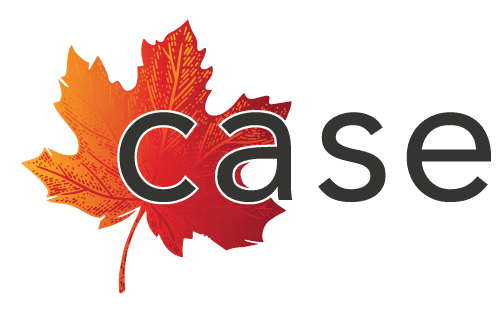The Key to Job Impact: Skill Development
Employment professionals live and breathe a growth mindset. Given that they support job seekers in career advancement, employment professionals understand the need for continuous skill development better than most. They recognize the need to consider diverse perspectives and to adopt research-based tools and strategies to hone their professional expertise.
While employment professionals have a strong commitment to ongoing learning, making time for their professional development remains a challenge.
Recently, the need for professional learning and how we go about it have evolved significantly. While traditionally, organizations only recognized degrees and diplomas, there is a shift towards assessing whether someone can do the job and do it well.
In this light, job-specific skill development becomes a critical tool to maintain employability and increase job impact. This also sets the stage for a new culture of learning where workers can leverage online skill-building opportunities to gain relevant credentials while also saving valuable time.
Upskilling and Reskilling
A job-specific approach to skill development usually takes two forms: upskilling and reskilling.
Upskilling
Reskilling
Upskilling involves learning or enhancing skills, such as communication skills, or gaining additional insights and experiences that relate to your current role.
Reskilling involves learning new competencies and skills that allow you to either broaden the scope of your current job or move to a different role. An example would be learning data management skills. Organizations may invest in reskilling to retain and grow talent by promoting current employees to new positions.
How to Upskill/Reskill
- independent research and reading,
- working with a mentor, and/or
- taking online certifications.
To define your learning path, consider the competencies you want to gain, how much time you have, and how you learn best (for instance, independently or collaboratively).
Micro-Credentials
To select a specific learning resource, you may want to consider whether it is research-based, recognized by reputable organizations, and if it can tangibly verify your new skills. Because if there is anything better than the feeling of professional growth, it might just be having something to show for it!
Due to their growing recognition, online training programs that use micro-credentialing are a popular and proven method of upskilling/reskilling.
Micro-credentials are short training courses that provide verifiable digital certificates and badges that certify the competencies gained during the training.
Micro-credentials are a viable skill development solution for employment professionals who seek short-term, practical, and notable learning opportunities. For example, if you are an employment professional or working in a similar role, the following micro-credentials at CASE can help you and your team with upskilling and reskilling:

The best part about job-specific learning is that it benefits everyone: you, the job seekers you support, and your organization and community.
To that end, continue to research relevant professional development opportunities. The more you leverage these resources, the more you enhance your job satisfaction and impact to empower yourself and others.


